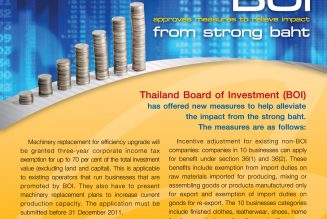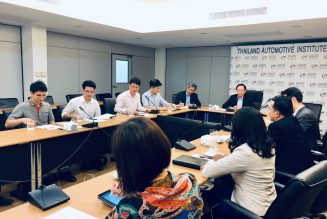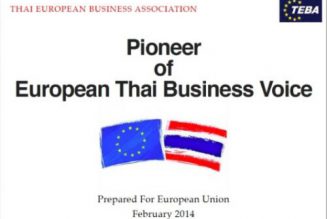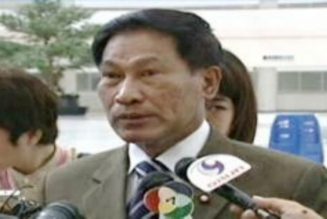The EU is calling on the Thai government to speed up opening free trade negotiations with it, saying otherwise the country could lag behind its neighbours about to gain more benefits from the grouping’s new trade policy.
The European Commission on Tuesday announced its new five-year trade vision aimed at helping to revitalise European economies. It will provide additional benefits to the least developed countries in Southeast Asia, which are currently Cambodia and Laos.
Speaking to the Thai media, EU Ambassador David Lipman said the grouping is pursuing a policy of trade liberalisation in Southeast Asia, where it has started FTA negotiations with Singapore and Malaysia and is about to with Vietnam.
Mr Lipman said the EU is also now modifying its Generalised System of Preferences (GSP) rules, to be implemented next Jan 1, and they will be very favourable to Cambodia and Laos in particular.
“Within the coming months and years, there is no doubt that other competitors in Southeast Asia will have far greater conditions for market access to the European Union,” he said.
Thailand will not be able to enjoy similar benefits as Singapore, Malaysia and Vietnam, as they will either have additional advantages through the GSP or conclude FTAs with the EU.
Prime Minister Abhisit Vejjajiva expressed interest in opening FTA talks with the EU a couple of months ago in Brussels, but no further progress has been made, as the Thai government has not received a mandate to negotiate from parliament.
“In reality, up until now nothing much has happened,” said Mr Lipman. “It takes two to tango. We need to tango quickly or Thailand is going to miss the train.”
Antonio Berenguer, the EU’s head of trade and economic affairs in Thailand, said that in the near future new international investment may be drawn away from Thailand to other locations from where it will be cheaper and easier to export to Europe such as Vietnam, Malaysia, Singapore, Laos and Cambodia.
The most likely sectors to be affected by the new rules are those that have a lot of local input such as textiles, garments and footwear.
For example, the new GSP rules will allow garment and textile exporters in the least developed countries to import more raw materials by requiring only 30% of the content to be local.
Cambodia, 75% of whose exports to the EU are garments and textiles, expects to see its exports to there increase by 50% next year when the new rules take effect, said Mr Berenguer.
“We hope that businesses [in Thailand] are able to mobilise the government to start talks soon. Otherwise, they will inevitably lag behind,” he said.
Mr Lipman added the EU would more aggressively defend its interests, such as with more assertive legal action to protect intellectual property.
